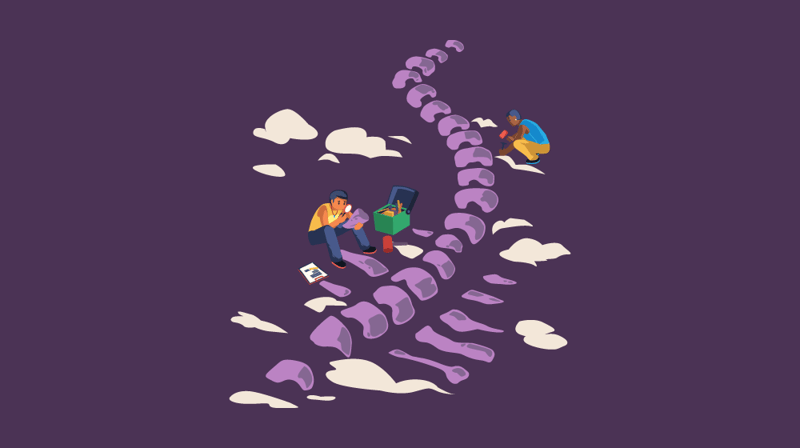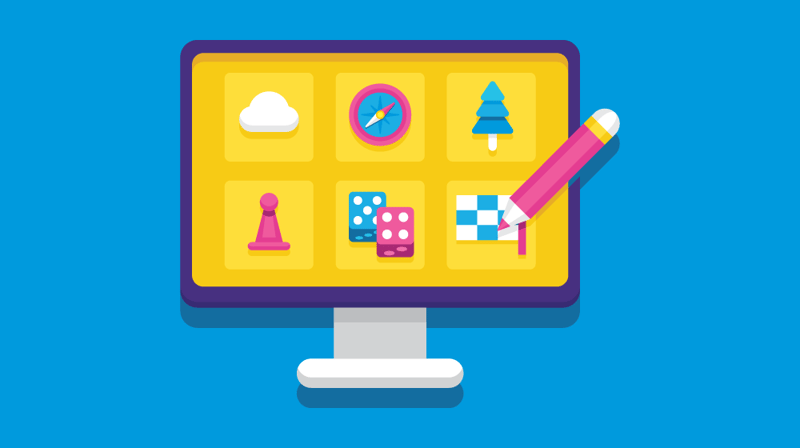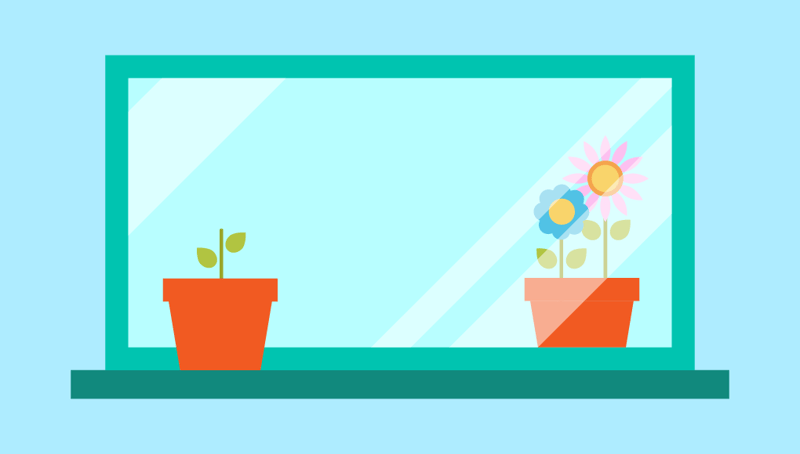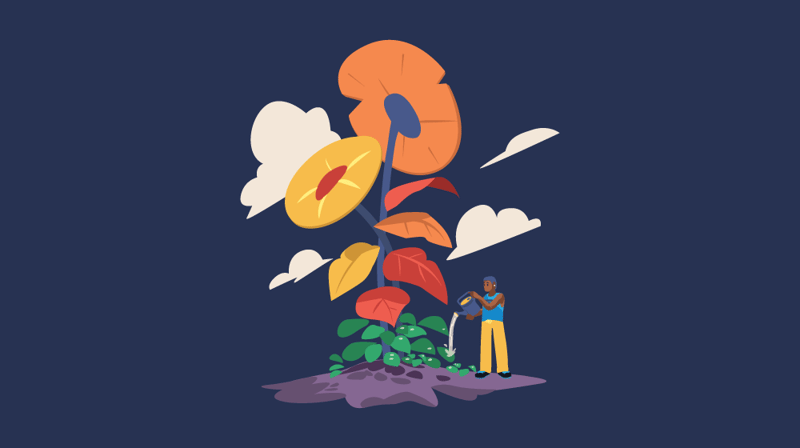In a previous blog post, I wrote about the goals, benefits, and best practices of service learning in higher education, as backed by years of research.
Now, let’s turn to some real-world examples from around the country. I hope they will inspire you in your own creation and facilitation of service-learning projects, catered to your students’ interests and local community needs.
Barea College
- A Fundamentals of Nutrition course in which students explored factors that contribute to food insecurity in the local area, by visiting the nearest food bank and creating educational nutrition flyers.
- An Introduction to Astronomy course through which students hosted “Star Parties” and other interactive educational events for local Girl Scout and Boy Scout troops
- An Augmented Reality Team Initiated Study course that had students used augmented reality techniques and technology to build a virtual tool of a local school
- A fully virtual Fundamentals of Peace and Social Justice course wherein students interviewed community members over Zoom regarding their response to the global COVID-19 pandemic
- An Adapted Physical Education course through which students implemented a Motor Fitness Clinic for local K-12 students enrolled in special education programs
Elon University
- A Garden-Based Learning course in which students oversee the maintenance of a local school garden, plan and implement learning activities in an afterschool garden club for 3rd-5th graders, and collaborate with teachers who are integrating garden-based learning into their teaching
- A Sustainable Food Production course wherein students complete 20 hours of direct service related to bio-intensive food production
- A Marketing Research course that gives students hands-on experience “developing a research program, collecting and analyzing data, reporting and presenting results, and making final strategic recommendations”
- A Human Resources Strategy course that requires students to complete HR projects for local nonprofits and small business clients
Tulane University
-
- The Peace Corps Prep program designed for students interested in post-graduate service, the Peace Corps, or other year-long service programs
- The Solidarity Fellows program for “community organizers in training”
- The Service Learning Assistants program through which students are paid to help coordinator service-learning courses
- The WaveCorps summer service program in which students work with local organizations that support summer learning lose for K-12 students through entertaining camp programming
Boston College
- The First-Year Service Program designed for first-year students to engage with weekly service and reflection
- The BC Bigs Program through which students serve as mentors to young adults in Boston.
- The Jamaica Mustard Seed Spring Break program wherein students spend spring break working with vulnerable communities in Jamaica
Portland State University
- A virtual alternative spring break in which students “explore the difficulties of migration and life along the U.S./Mexico border”
- A year-long Student Leaders for Service program in which participants serve as liaisons between community partner sites and the institution
- A Mentor and Peer Support (MAPS) program that matches PSU student mentors with local elementary school students
Notre Dame University
- A summer service-learning program in which students, who are awarded $3,000 scholarships, serve for eight weeks with non-profit organizations related to healthcare, homelessness, immigration, education, and other social issues
- Social Concerns Seminars that challenge students to “engage in social analysis, encounter community partners around the country, and reflect on their experience and its impact on individuals and communities”
- The Mercy Works program in which students engage in weekly local service, then gather and reflect together “on their experiences of receiving and extending mercy” in light of the Catholic Social Tradition
Duke University
- Student Service-Learning Assistants, who facilitate community placements and lead reflection activities for undergraduate service-learning courses
- A Devices for People with Disabilities course in which students work with health care professionals at local hospitals design custom devices to aid disabled individuals
- A Health, Culture, and the Latino Community course in which students explore “health issues in the Spanish-speaking world shaped by social, cultural, political, ethnic, and economic determinants”
- A Death & Dying course that examines multiple perspectives on death and dying in America, plus connects students with residents or patients at a retirement or medical site
Cornell University
- The Zambia Global Service-Learning Program through which students spent a summer in Zambia conducting research relevant to partner organizations
- The Afterschool Language & Social Program in which students “provide fun ways for K–12 students to learn about and engage with our increasingly interconnected world”
- A Social Entrepreneurship Practicum that gives students experience managing and operating Anabel’s Grocery, a “campus-based, student-led social enterprise … that addresses food insecurity at Cornell by providing fresh, nutritious and affordable food, as well as educational programs on healthy and nutritious eating.
Designing a strong service-learning program is no easy task, but the benefits — to individual students and the institution as a whole — can be monumental. You’ll be giving back to the local community while gifting students with incredible co-curricular skills that will help them persist in their academic studies and excel post-graduation.
Modern Campus Get Connected can help you centralize programming and partnerships, streamline tools and processes and engage community partners. Save time and resources as you seamlessly communicate with local volunteer agencies to solicit opportunities for students, and connect progress and outcomes to support students’ co-curricular development.






